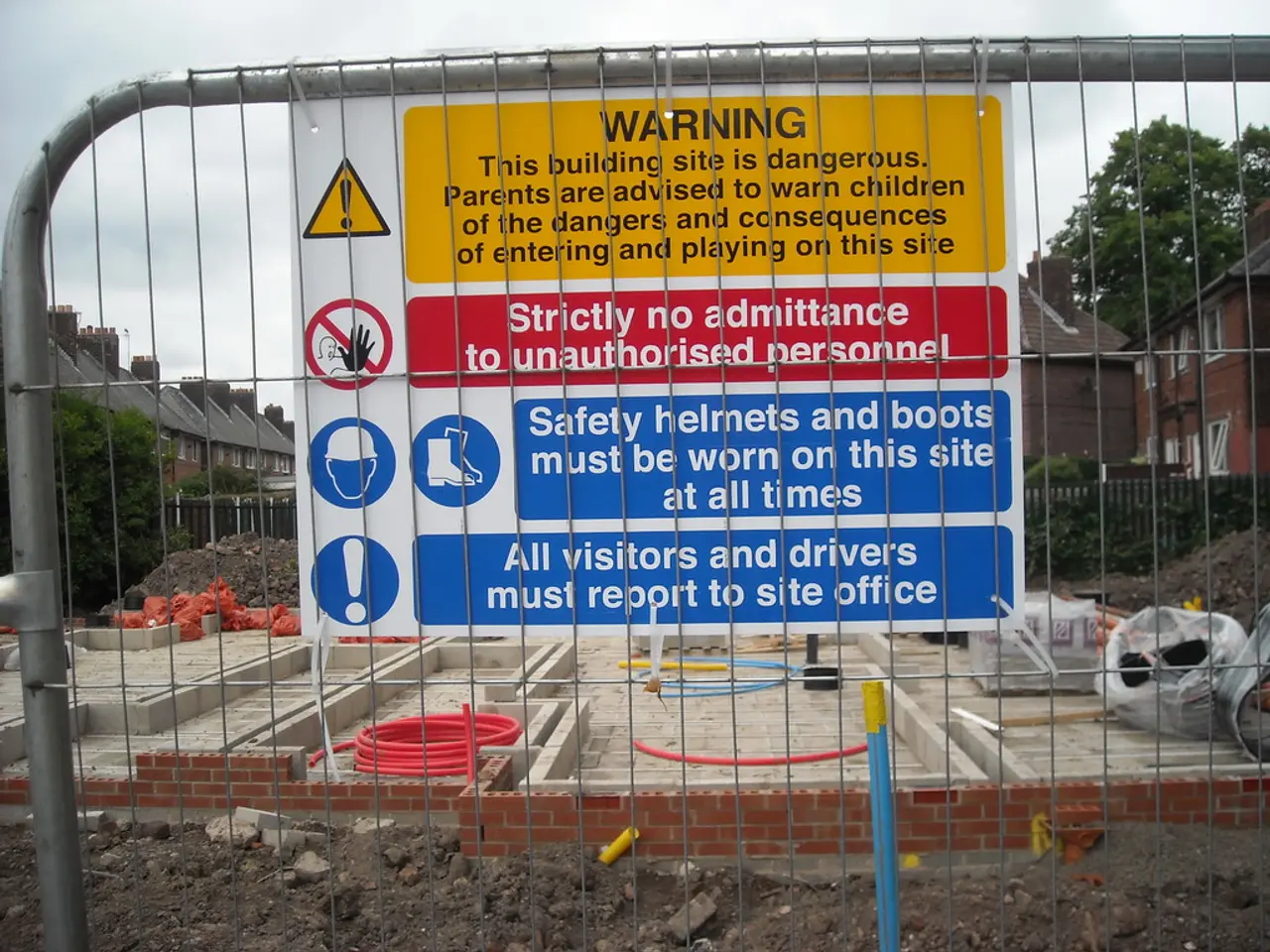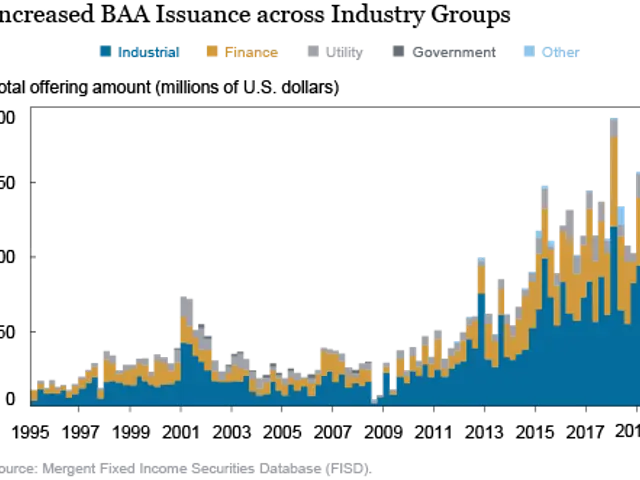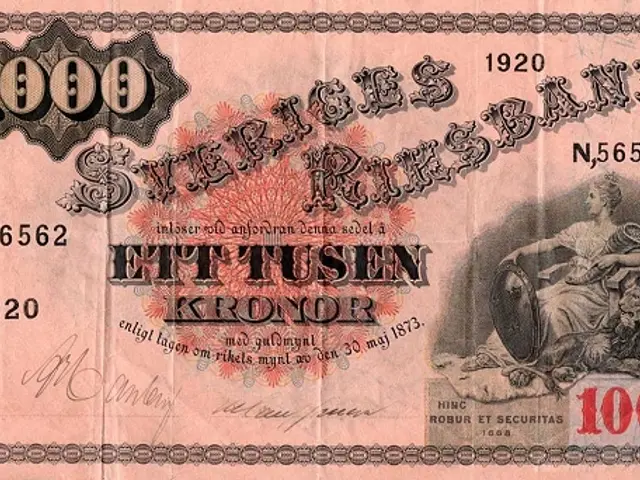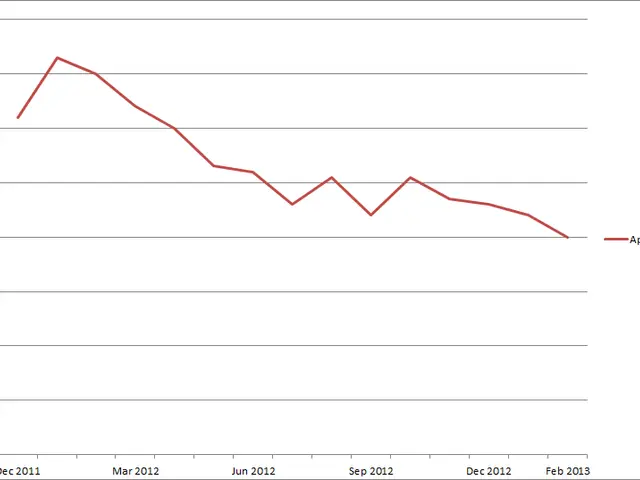Aid amount is determined using the specified method:
Registering a Land Charge Order (Grundschuld) in Germany: A Step-by-Step Guide
Purchasing a property in Germany often involves a land charge order, a type of land encumbrance that secures a loan for the buyer. Here's a simplified guide on the main steps to obtain and register a land charge order.
- Notarization of the Land Charge Agreement
The first step is to notarize the land charge agreement between the buyer and the lender. This is done before a notary, who verifies the identities of the parties involved and ensures that the agreement is legally binding.
- Notary Requests Registration
Once the agreement is notarized, the notary submits an application to the local land registry court (Amtsgericht) to authorize and register the land charge based on the notarized document.
- Waiting Period for Registration
The registration at the Amtsgericht typically takes 3 to 4 weeks. During this time, the notary prepares the land charge order and needs a land charge order form from the lending financial institution.
- Optional Issuance of Ranking Certificate
To expedite the loan payout, the notary can issue a ranking certificate ("Rangbescheinigung") confirming that the land charge has been notarized and will be registered with the correct priority. This can help the bank release funds earlier but involves additional notary fees.
- Payment of Taxes and Fees
The buyer pays the land charge registration fees and taxes, which are approximately 0.3–0.5% of the loan amount or purchase price.
- Registration Completion and Documentation
After payment, the land charge is officially registered in the land register, and copies of the land charge deed and land register extract are provided to the bank and buyer.
Additional details include that interest on the land charge ("Grundschuldzinsen") and ancillary charges are also registered together with the land charge itself.
The process of registering a land charge order hinges heavily on the role of the notary and the land registry court's authorization and registration actions. The bank can pay out the loan once the buyer has paid the purchase price and the real estate transfer tax, and the transfer of ownership in the land register is possible.
If there are multiple owners, the land charge pledge form must be signed by each affected owner. The costs for establishing the land charge should be included in the additional purchase costs. It's important to note that the right to rescind in cases of debts higher than the purchase price protects the buyer, but rescinding from a property purchase is complex and involves considerable work.
The land charge registration process can take 4-6 weeks in total, and the costs for the notary and the land registry office when establishing a land charge are based on the amount of the land charge and are regulated in the Courts and Notaries Act (GNotKG).








